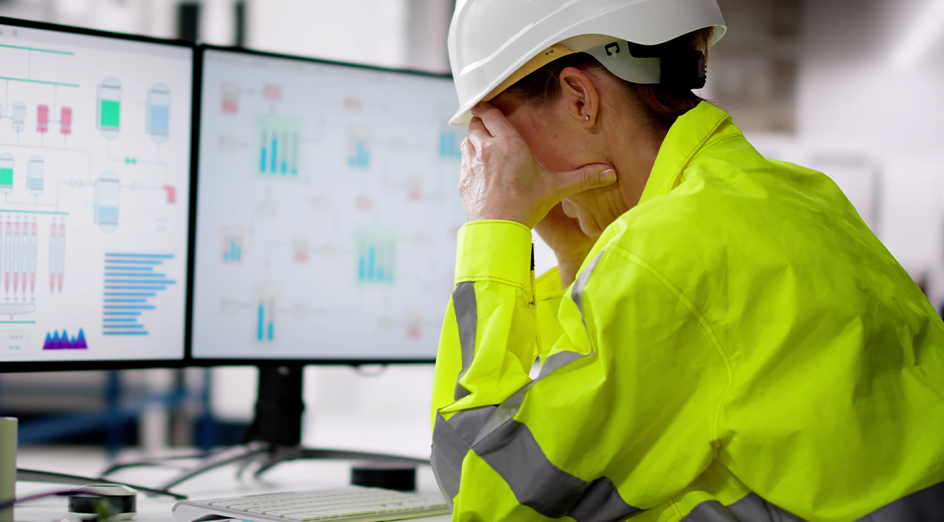A new study has revealed that suicidal thoughts and behaviours among WA construction workers are around three times higher than those typically seen in the adult Australian population, and that depression and anxiety symptoms occur at twice the national average among these workers.
The research was led by Dr Joseph Carpini and Professor Gillian Yeo from UWA’s Business School, and Dr Lisette Kanse and Dr Michael Kyron from UWA’s School of Psychological Science through the WA Suicide Prevention and Resilience Research Centre, with industry partner MATES in Construction WA.
Dr Kyron said Constructing a Safer Industry - WA Construction Industry Suicide and Mental Health Benchmarking Study underscored the urgent need for targeted organisational mental health interventions, the promotion of supportive work practices, and state-based policy changes.
“The study, which involved surveying a representative sample of 1,743 construction workers across Western Australia, found they experience significantly higher rates of suicidal thoughts compared to the general Australian population,” Dr Kyron said.
“Loneliness, workplace bullying, work-life conflict, and substance abuse were notably associated with suicidal ideation, with loneliness emerging as the strongest predictor.”
Dr Kyron said this highlighted the emotional isolation felt by many workers despite the collaborative nature of construction work.
“Importantly, we found that strong interpersonal relationships, whether with significant others or supportive colleagues, act as a protective factor,” he said.
“Workers with positive support systems are less likely to report suicidal thoughts, even under high stress and psychological distress.”
The report recommended a multifaceted approach to address the alarming trends, Dr Carpini said.

“This included establishing industry-wide mental health policies, integrating mental health into workplace safety protocols, and developing anti-discrimination policies for mental health issues,” he said.
“Organisations should promote positive interpersonal relationships, implement effective anti-bullying and harassment initiatives, and offer flexible working arrangements to support work-life balance.
“We also found it is essential to provide on-site evidence-based mental health support, offer mental health intervention training for all organisational members, and educate workers on healthy coping mechanisms, how to build psychological resilience, and how to ask for help.
“Individuals are encouraged to develop a mental health monitoring tool for construction workers, foster social connections inside and outside of work and recognise early signs of distress.”
CEO of Mates in Construction WA Liam Cubbage said systemic interventions were essential to address underlying issues and provide meaningful support.
“By addressing these challenges, the construction industry can take meaningful steps towards reducing suicide rates and promoting a safer, healthier work environment,” Mr Cubbage said.
“The MATES Helpline is free and available to all construction workers and their family members so if you or a mate need support, please contact 1300 642 111.”
